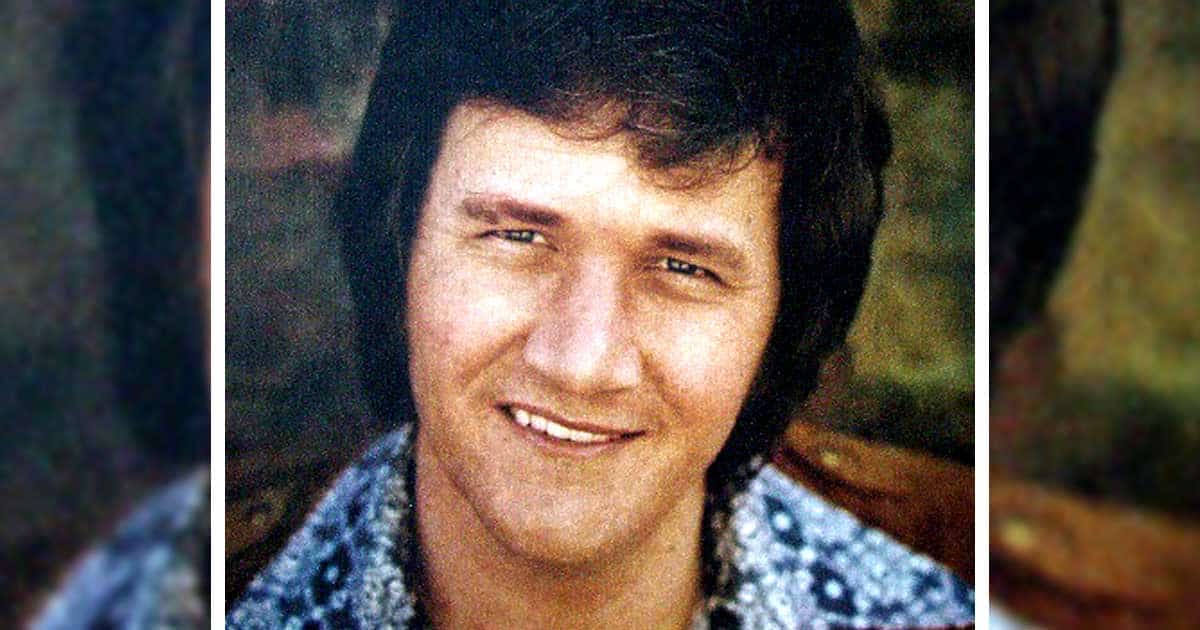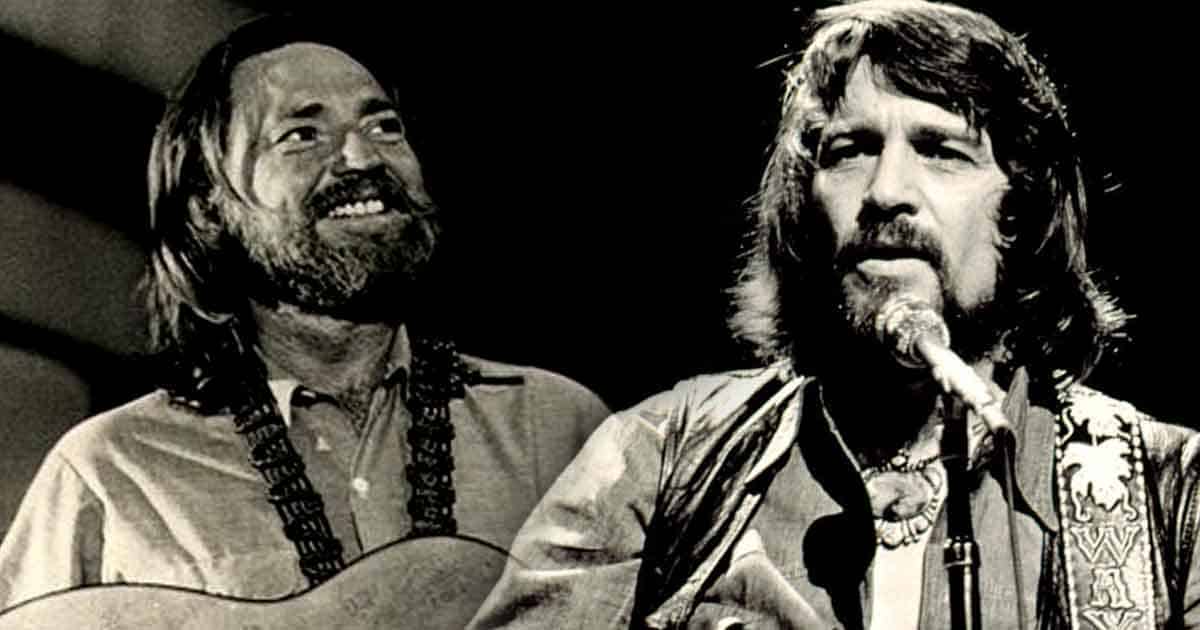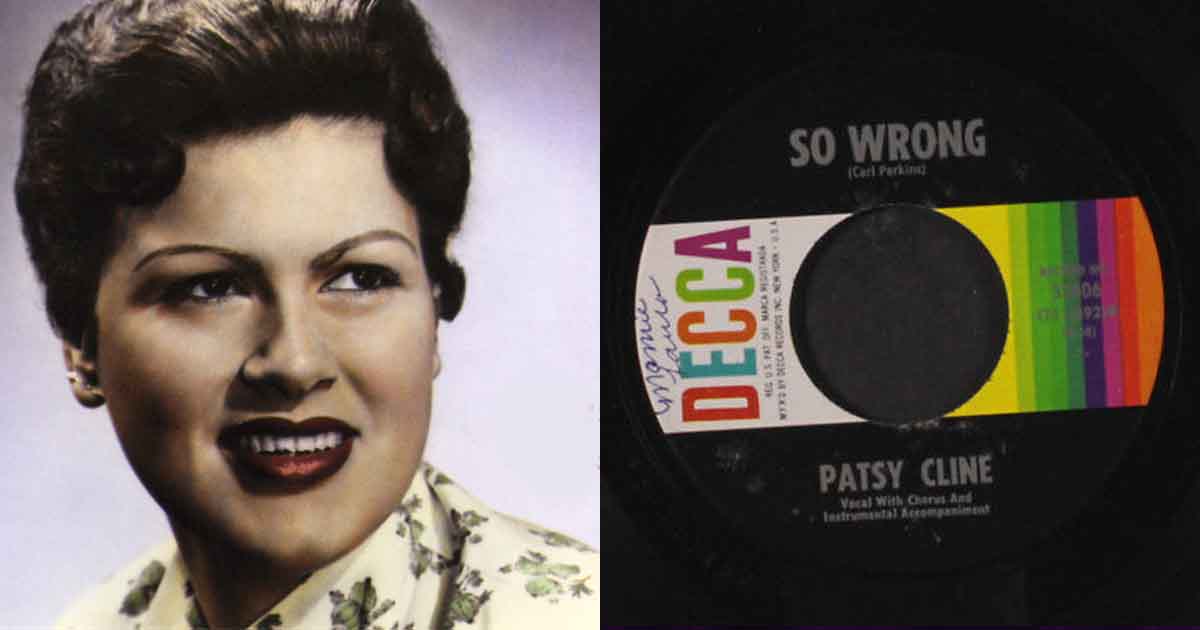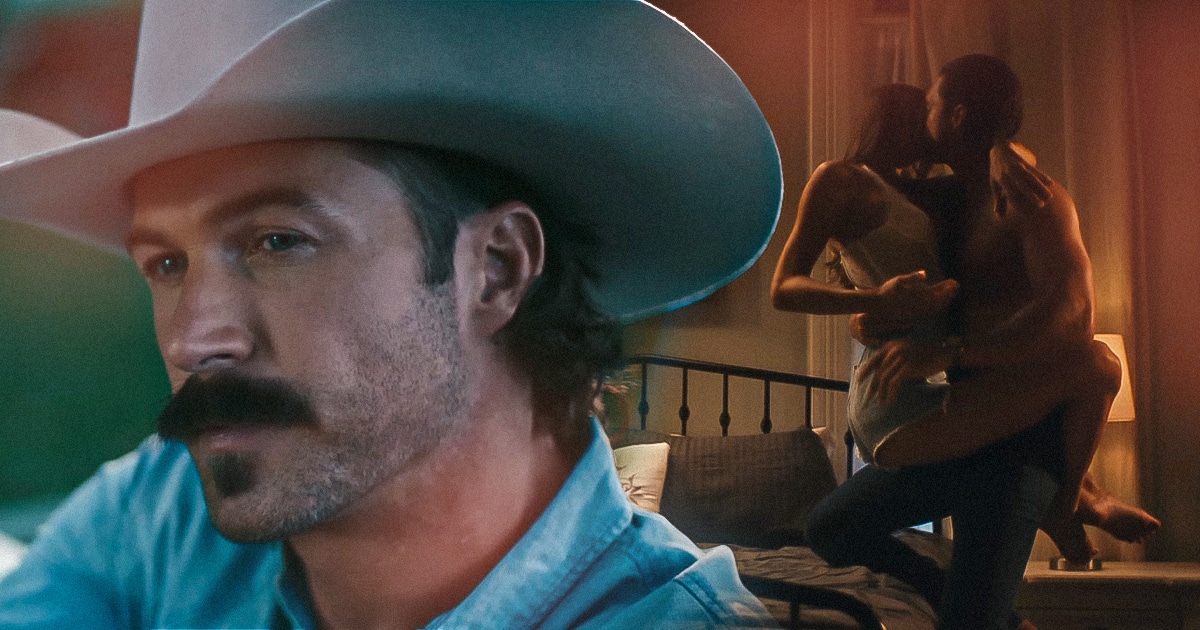Today, we remember the outstanding career of the great talent and humorist, Roger Miller and some of his novelty hits in the 1960s.
Background
Roger Dean Miller was born in Forth Worth, Texas in 1936. Before starting his musical career, he first served in the US army. Miller started by writing hits like “Billy Bayou” and “Home” recorded by Jim Reeves. His career reached its peak in the ’60s.
Roger Miller’s career didn’t have much of a great beginning. He failed to impress Chet Atkins but was later hired by Minnie Pearl to play the fiddle in her band. He then started writing songs for several artists.
It was only until 1958 that Miller gained a recording record with Decca Records. With the recording of “A Man Like Me” and “The Wrong Kind of Girl” with Johnny Paycheck, Miller kicked off his songwriting career.
Unfortunately, none of these songs was able to chart. In 1960, Miller signed a contract with the RCA Records. This is where he recorded the song “You Don’t Want My Love.” The single was able to make its way to the top 14 of the country charts.
Dang Me (1964)
With a new contract with Mercury Records, Roger Miller rounded music producer Jerry Kenedy, music arranger Bil Justis, and a couple of talented musicians to cut some songs. Together, they worked on some tracks until Miller’s Dang Me’s charting potential became apparent, thus, making it the lead single.
In his biography, Miller said that he wrote “Dang Me” in just 4 minutes in a hotel room in Phoenix, Arizona. But like most successful songs written in a spur of a moment, Dang Me was not to be underestimated. “Dang Me” became his smash single on the Country chart and even beat the then reigning pop hits on jukebox and airplay. The song spent 25 weeks in the number 1 spot and also became a Top 10 pop crossover hit. Furthermore, it also gained him a Grammy Award for Best Country and Western Song.
King of the Road (1965)
This song was indeed a king as it appeared on multiple charts including US Country Charts and Billboard Hot 100. It was also recognized in the UK singles chart. This was also covered by several artists including the likes of George Jones, Dean Martin, Val Doonican, Jack Jones, The Fabulous Echoes, Johnny Paycheck, Glen Campbell and many more.
“King of the Road” was inspired by a road sign that Roger Miller saw which read, “Trailers for rent or sale.” Miller would later use it as the first line for his song. This became Miller’s fifth successful single. Unlike “Dang Me,” “King of the Road’s” completion took longer. Reportedly, Miller finished writing the song in six weeks. Regardless of the songwriting length, “King of the Road” swiftly ran its way up the charts. It landed no. 1 on the Country charts, no. 4 on the Pop charts, and over a million copies were sold.
This also gained Roger Miller a nomination for a Grammy’s Award as Song of the Year, Record of the Year and Best Vocal Performance, Male. During his induction into the Country Hall of Fame, this song was sung by Merle Haggard, Willie Nelson, Dolly Parton, Marty Stuart and Dwight Yoakam for his honor.
England Swings (1965)
A light-hearted tune that will make you want to dance in no time! England Swings charted at no. 8 on the U.S. Billboard Hot 100 and given that it’s a song describing England, it landed at no. 13 on the UK Singles Chart. For some, this Roger Miller tune could well be considered as a nice tribute to England, a huge contrast to the very American “Dang Me.”
Though released in 1965, this tune has never lost its appeal in decades. Today’s listeners are still fascinated with the simplistic beat, Roger Miller’s fun delivery, and the background whistles.
Clever Musician Gone Too Soon
On October 25, 1992, 56-year-old Roger Miller died after a year-long battle with lung cancer. His memorial service was held at the Ryman Auditorium where hundreds of friends and relatives attended to pay their respects.
Needless to say, Roger Miller was among the best lyricists that Nashville had. It was his clever spun of words that gave Country music a fighting chance to compete with Pop in the ’60s.
He was once remembered saying, “I just don’t want to be forgotten.”


















